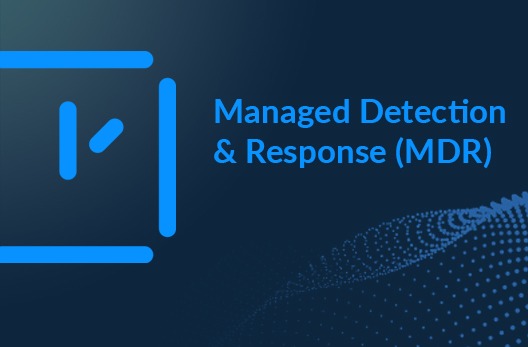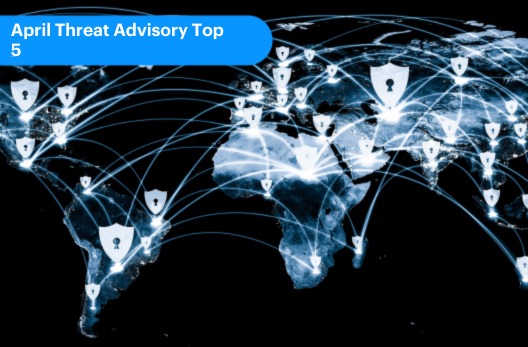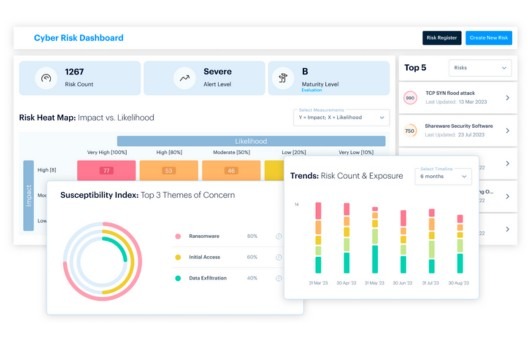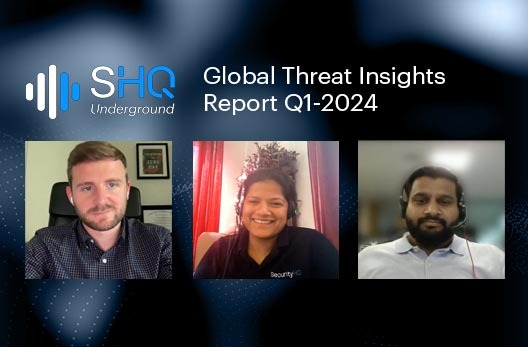Notes from the Field • 5 Min READ
Notes from the Field. The Value of Log Management to Prevent Risks
by Eleanor Barlow • Jun 2024
[The content of this blog was originally created August 2020, and updated June 2024]
Defining Log Management
Based on the National Institute of Standards and Technology (NIST) definition, ‘A Log is a record of the events occurring within an organization’s systems and networks. Logs are composed of log entries; each entry contains information related to a specific event that has occurred within a system or network.’
Log management is the process of generating, positioning, transferring, storing, and analysing log data.
Types of Logs
Also known as an event log, the volume and variety of logs that businesses are capturing and storing within their operations has drastically increased. Most organizations have both operational data and security-related data. Which has further enhanced the need for security log management.
By utilizing log management, concerns regarding network operations and its security are more visible.
How Can Log Management Benefit Business?
Log management, or log auditing, can benefit an organisation in a multitude of ways. It ensures that security events are stored for a specific period. Logs are analyzed, which is essential for identifying security incidents, fraudulent activity, policy violations, operational issues and more.
They can also be useful for performing audits, forensic analysis, establishing baselines and identifying current operational and long-term problems.
Log Management Challenges
Logs contain valuable information, information that needs to be safeguarded to maintain confidentiality and integrity. This makes accurate log management crucial for the growth of every organization. But despite this, most organisations, and the people responsible for log management, are neither supported, nor prepared to conduct adequate analysis.
This is chiefly since the log management process is often considered a low-priority task. Especially when resources are stretched. This means that administrators often do not receive tools that are effective at automating the analysis process.
Even with the right tools, the task of log analysis is extremely complicated. Often there are too many log sources, and log content is inconsistent. There can be inaccurate timestamps, different log formats and varying log protection. Organisations also need to protect the availability of their logs and meet data retention requirements at the same time. This equates to a lengthy and complicated process.
Log Management to View Risks
By managing logs correctly, organizations have a clearer understanding of their own environments, to be able to understand their risks and vulnerabilities, and to then have the capabilities to:
- Document, track, and mitigate risks.
- Identify suspected risks.
- Assign risks to specific actions.
The Risk Management and Analytics Platform was designed to simplify this capability, so that users are able to…
- Receive Threat Intelligence & Risk Prioritization Specific to Infrastructure
- Receive Cyber Assessment Maturity Score
- Use Mitigation Control Tracker to Reduce Overall Business Risk
- Measure Security Risks Against Exposure Score
‘SHQ Response Platform is unique in the industry as it follows a combination of different sources and is always viewed within the context of the customer. The Risk Centre itself is what makes this such a unique offering, as the user is now able to calculate the impact of security threats to the business, the likelihood of risks happening, identify all the different tactics and techniques, and highlight how best to mitigate these risks, all from a single location.’ – Chris Cheyne, SOC Director & CTO, SecurityHQ
Ownership & Compliance
Logs are owned by the organization, and they are valuable. They provide an overview of your business. Which means that they can be used to improve processes and prevent issues. Which not only aids the customer and employee experience but, by aggregating logs and analyzing them, strategies can be formulated to aid decisions and, consequently, influence business growth.
In addition to the benefits organizations gain from log management, there are laws and regulations that require businesses to store and review specific logs. Showing compliance and due diligence towards security regulations, through great log management, enhances business reputation and accountability.
For instance, financial entities in the European Union and their ICT providers must comply with the Digital Operation Resilience Act, or DORA, by January 17, 2025. Learn more about this legislative framework, here.
Next Steps
By outsourcing to a MSSP, log management requirements are attended to. SecurityHQ’s Managed Detection and Response (MDR) service provides log management in the form of advanced analytics, data processing, data collection, secure log storage, and ISO 27001, Payment Card Industry Data Security Standard (PCI DSS), General Data Protection Regulation (GDPR), NIST compliance reporting.
To learn more about this service, or the Risk Center, speak with one of our experts, here.












